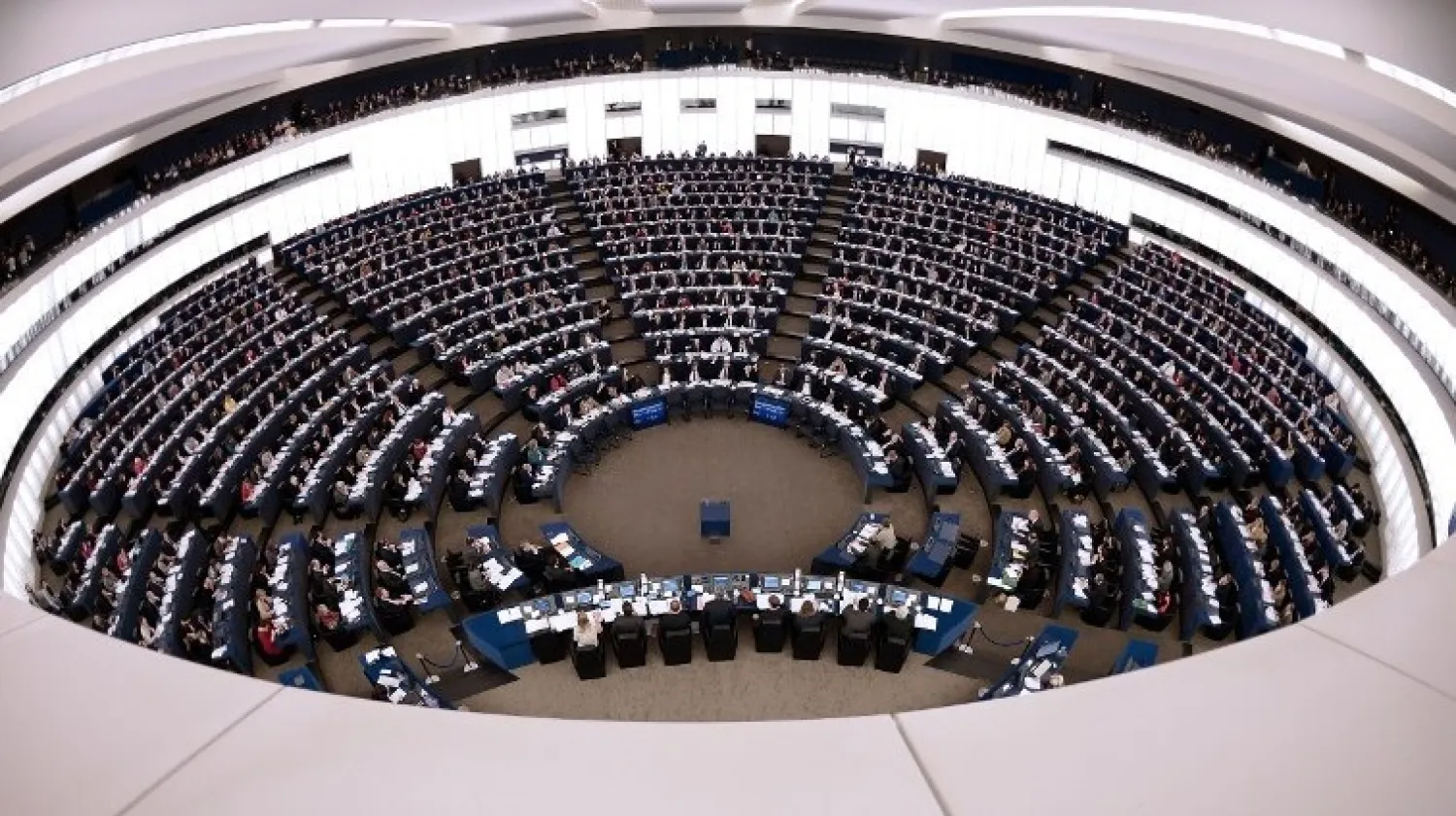The Chairman of the European Parliament Delegation for relations with Maghreb countries (DMAG), Andrea Cozzolino, said that the Algerian decision to stop gas supply to Europe via the Maghreb-Europe gas pipeline (GME) is a source of serious concern.
“This supply agreement, broken by Algeria, does not only concern Morocco, but also the European Union," said Cozzolino, noting that whatever the reasons for such a decision, the use of gas supply as a means of pressure is not an appropriate solution.
"This is especially true in the current period of high energy price pressure," he explained, stressing that European citizens are the ones who "risk paying the price."
The DMAG chief called on the Algerian government to reconsider this decision and to resume the path of dialogue.
"I also call on the European External Action Service and the European Commission to engage in a diplomatic initiative to encourage the Algerian authorities to reconsider their decision," Cozzolino added.
Last week, Algerian President Abdelmadjid Tebboune announced his country’s decision to stop natural gas exports to Spain through Morocco.
The GME pipeline linking Algeria and Spain by sea, guarantees an annual supply of around 12 billion cubic meters of gas.
The Algerian decision has raised a great number of reactions from politicians and members of the European Parliament (MEP) who see it as blackmail against Europe.
MEP Dominique Riquet said that by targeting Morocco, Algeria has "reached Europe at a particularly inopportune time," noting that, "this closure will ultimately affect the revenues of Algeria."
Also in this regard, MEPs Antonio Tajani, former President of the European Parliament, and Massimiliano Salini, sent a written letter to EU High Representative for Foreign Policy and Security Josep Borrell to question him about this Algerian unilateral decision, which endangers the strategic interests of Europe.









